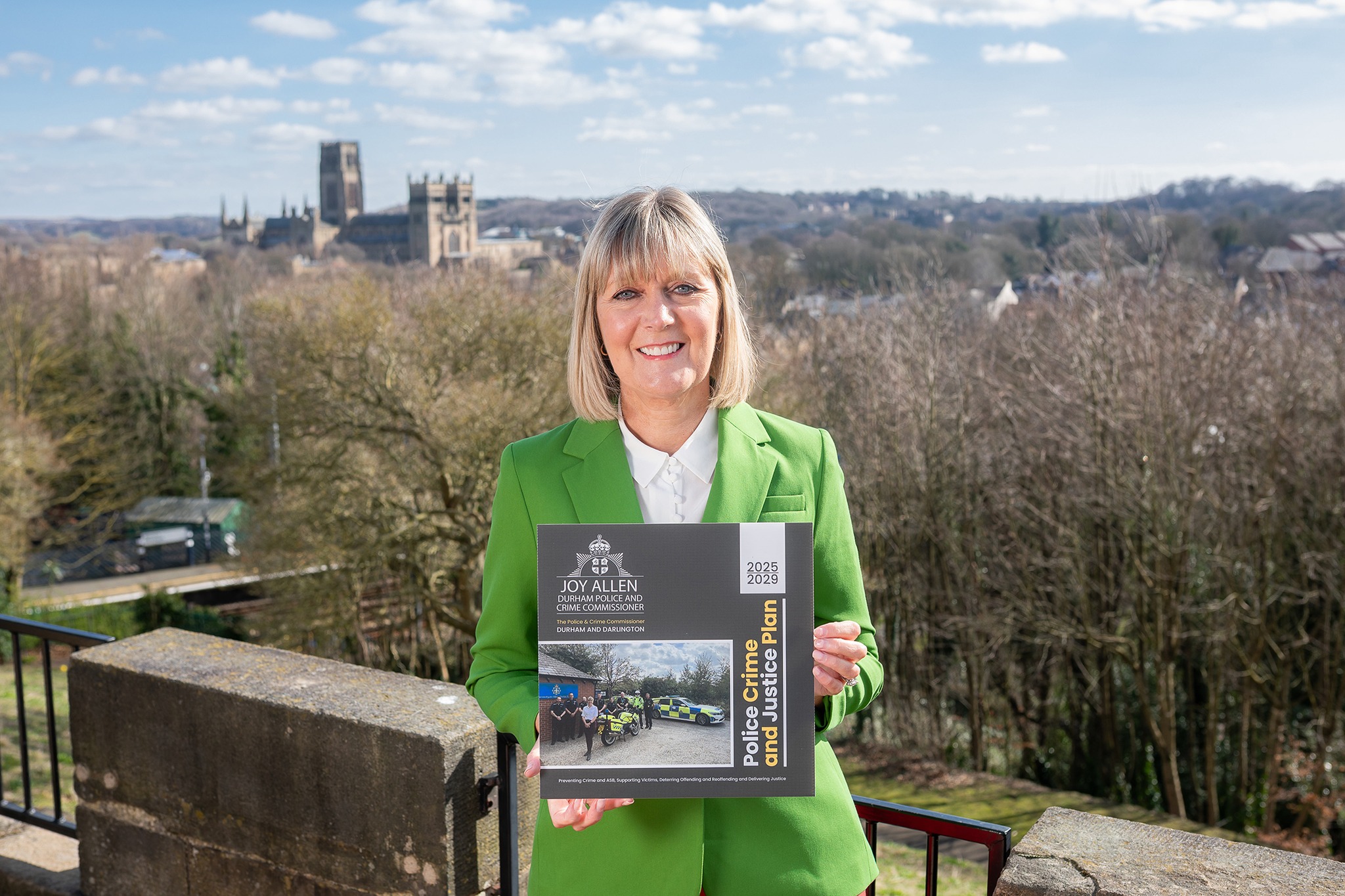Police and Crime Commissioner Joy Allen has joined health leaders in hitting out against plans to relax licensing laws in the UK over fears they could increase alcohol abuse and violence.
The County Durham and Darlington PCC said public services were already buckling under the strain of alcohol harm, with around one million people drinking at levels which raise their risk of alcohol-related illness in the North East alone.
She said Police and Crime Commissioners were neither involved nor invited to initial discussions chaired by the alcohol industry over the launch of a fast-track government review on ‘outdated’ licensing rules to cut red tape and increase footfall.
Instead, she warned the alcohol industry was being given a ‘free pass’ to keep people drinking for longer at hazardous levels that would undoubtedly affect policing demand and increase a whole host of crimes from serious violence and violence against women and girls (VAWG) to sexual assaults and anti-social behaviour, placing an even bigger burden on the taxpayer.
The Commissioner, who is Joint Portfolio Lead for Addictions and Substance Misuse on behalf of the Association of Police and Crime Commissioners (APCC), said drinking at hazardous and harmful levels was already a major contributor to domestic abuse and sexual violence and voiced concern that longer drinking hours could increase the risk for women and girls in our communities.
The Government said the review would remove pointless sanctions on the industry and support the UK’s economic growth. It has launched a four-week call for evidence from the hospitality sector and communities.
The PCC works closely with Fresh and Balance, the North East alcohol and tobacco programme, to reduce alcohol consumption and its associated harms across the North East of England, raising public awareness, advocating for policy change and challenging the alcohol industry.
She has also been a member of the Alcohol-related Crime and Homicide Group chaired by West Midlands Deputy Chief Constable, Scott Green.
The PCC has prioritised tackling alcohol crime in her new Police, Crime and Justice Plan under the Safer People Safer Places theme.

Among several commitments to reduce alcohol harm, the PCC has vowed to develop a local alcohol strategy and explore with local councils the introduction of Cumulative Impact Zones. These would limit licences granted in areas where there is evidence to show that the number or density of licensed premises may be contributing to increased crime and anti-social behaviour.
Police and Crime Commissioner Joy Allen said: “Alcohol is a factor in three in 10 violent crimes in Durham. Almost nine in ten officers have been subjected to at least one alcohol-related assault,while drink-driving remains an ever-present risk on our roads. These are shocking statistics, but they mirror the experiences of police forces and officers up and down the country and they must be urgently addressed. This is why I have been supportive of a survey with Durham Constabulary officers working with Balance to understand the true impact of alcohol on their time policing the force area.
“Police and Crime Commissioners were excluded from any of the initial discussions over the review, giving the alcohol industry virtually free rein to do exactly what it likes – at the expense of the public’s health.
“Longer drinking hours would make harmful drinking even more accessible under these plans and would undoubtedly increase the risk of serious violence, intoxication, sexual harassment and gender-based violence, placing extra pressure on policing resources and budgets at a time when they are already severely overstretched.
“Without a late-night levy in place, who would be picking up the tab for the increased policing costs for the extended hours and the likely fallout on crime levels - the taxpayer? Or should there be a windfall tax on the alcohol industry?
“I implore the Government to take the alcohol crisis seriously and to take heed of the growing evidence of its impact on society - without industry influence. The North East already has some of the worst rates of alcohol-harm in the UK, these plans would only exaggerate these challenges and place the region at further disadvantage. Surely lives must come before consumer demand and profits?”
Ends
Note to Editors:
PCC Joy Allen today hailed the success of a winter crackdown that has driven unprecedented action against the crimes that harm communities most.
PCC Joy Allen explains, in her own words, why the police precept set for 2026/2027 will deliver exactly what residents have asked for.
PCC Joy Allen has praised community groups for their hard work encouraging young people to transform their lives.